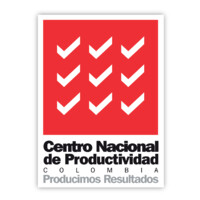
Renter's Choice
We can lead the fight for stable and decent housing in cities across the United States. Renter’s Choice legislation eliminates the need for expensive cash security deposits and is the law in Cincinnati, OH and Atlanta, GA. Right now, $45 billion is tied up in cash security deposits across America. The cost of renting always begins before move-in: High up-front costs and fees keep renters from acquiring affordable and stable homes. Renter’s Choice removes these barriers and requires property owners to offer low-cost security deposit insurance, payment plans, or reduced deposits instead of large cash security deposits. These alternatives to the traditional security deposit liberate renters from financial burden while giving property owners equal or greater protection. By partnering with policymakers nationwide, we give renters more control over their cash and more access to stable housing. Don’t wait. Calling all policymakers to join the Renter’s Choice Movement and support your community.






